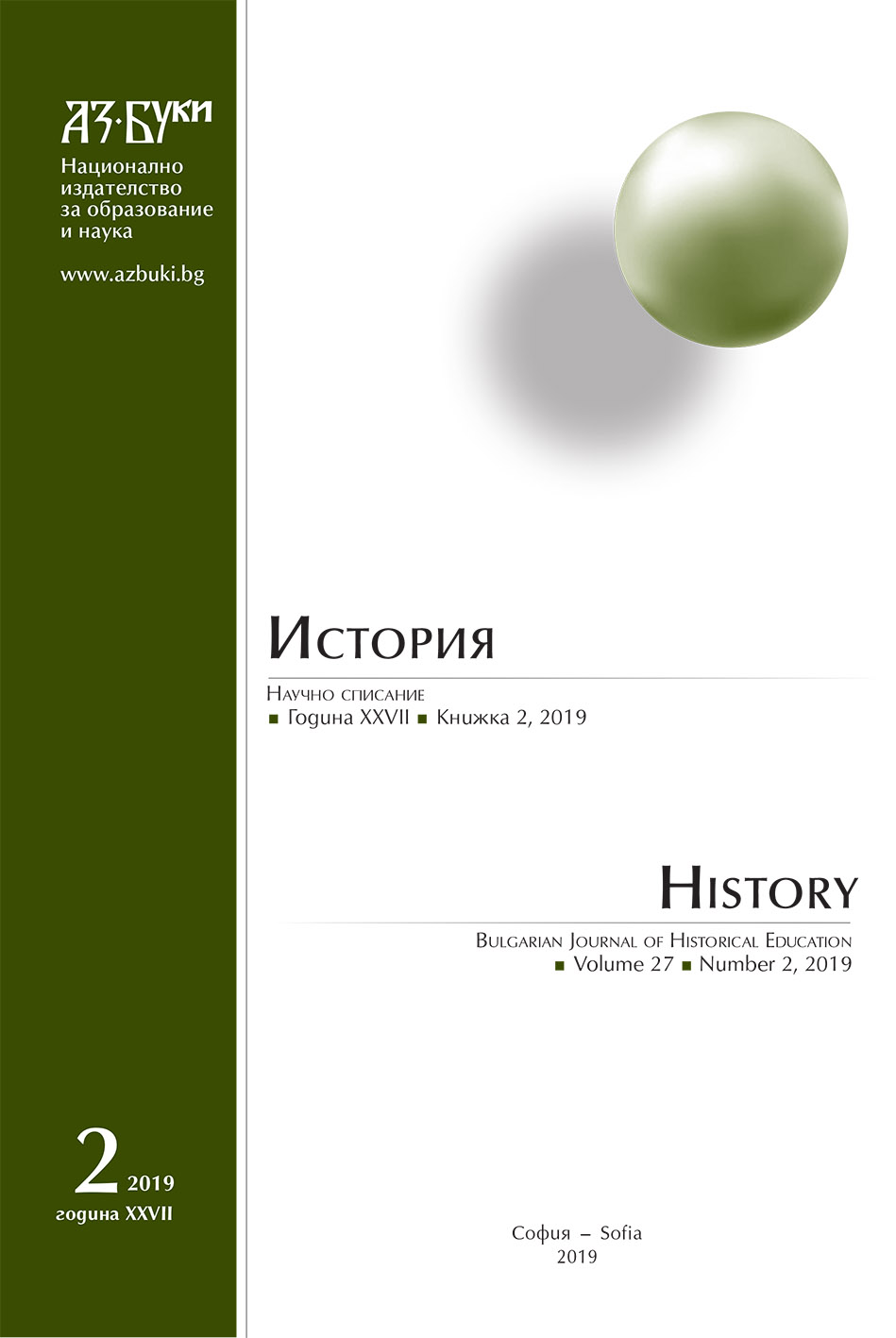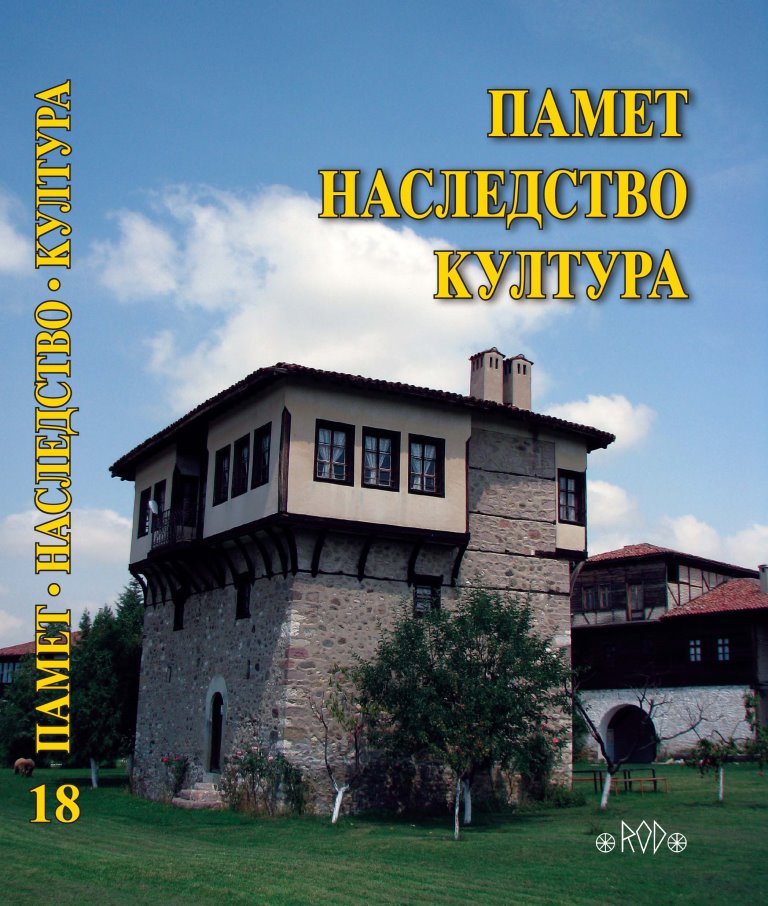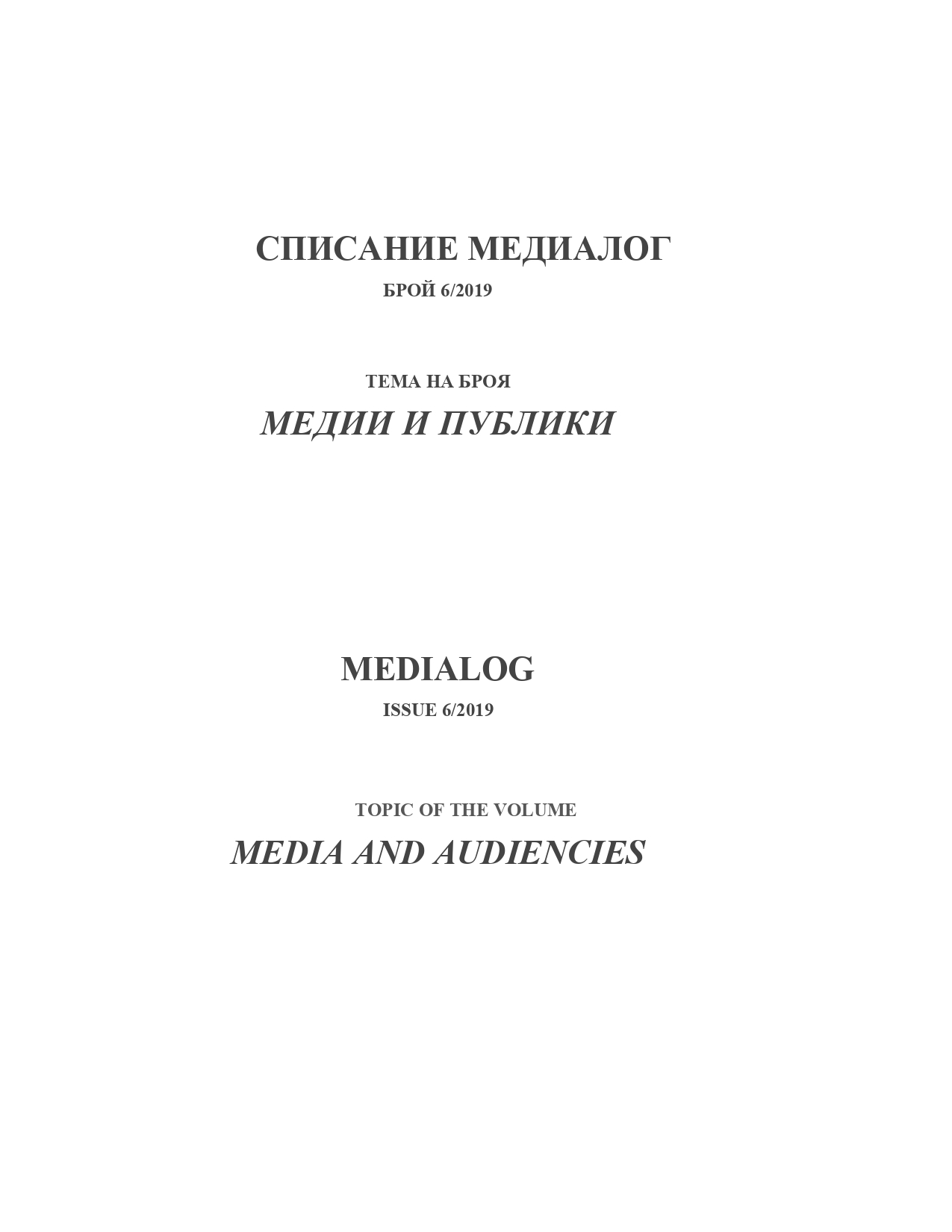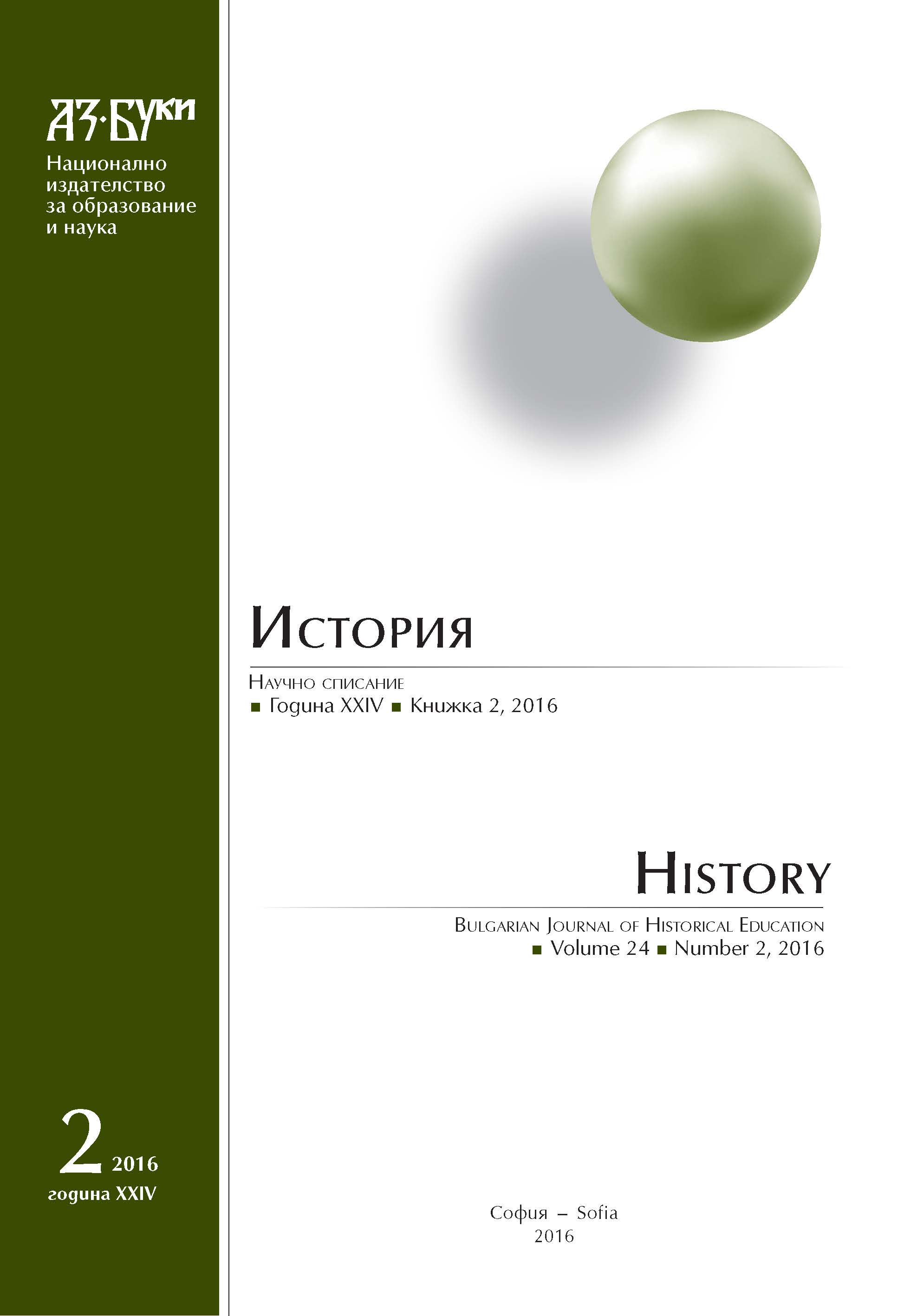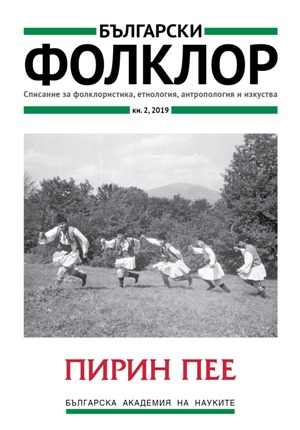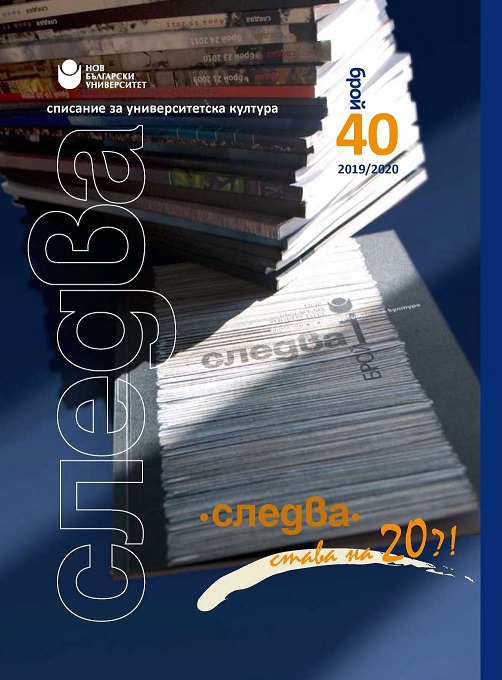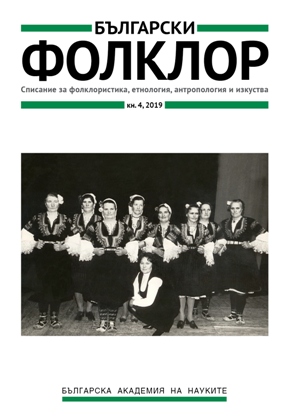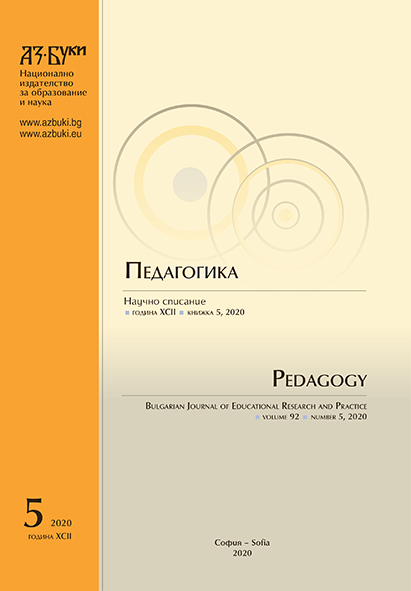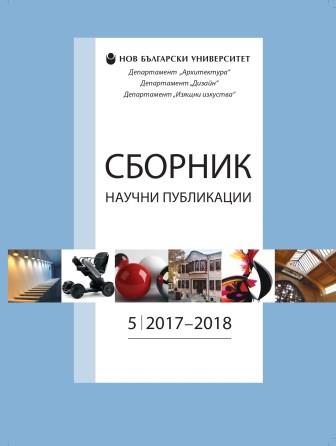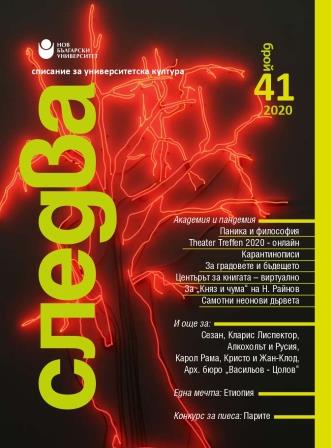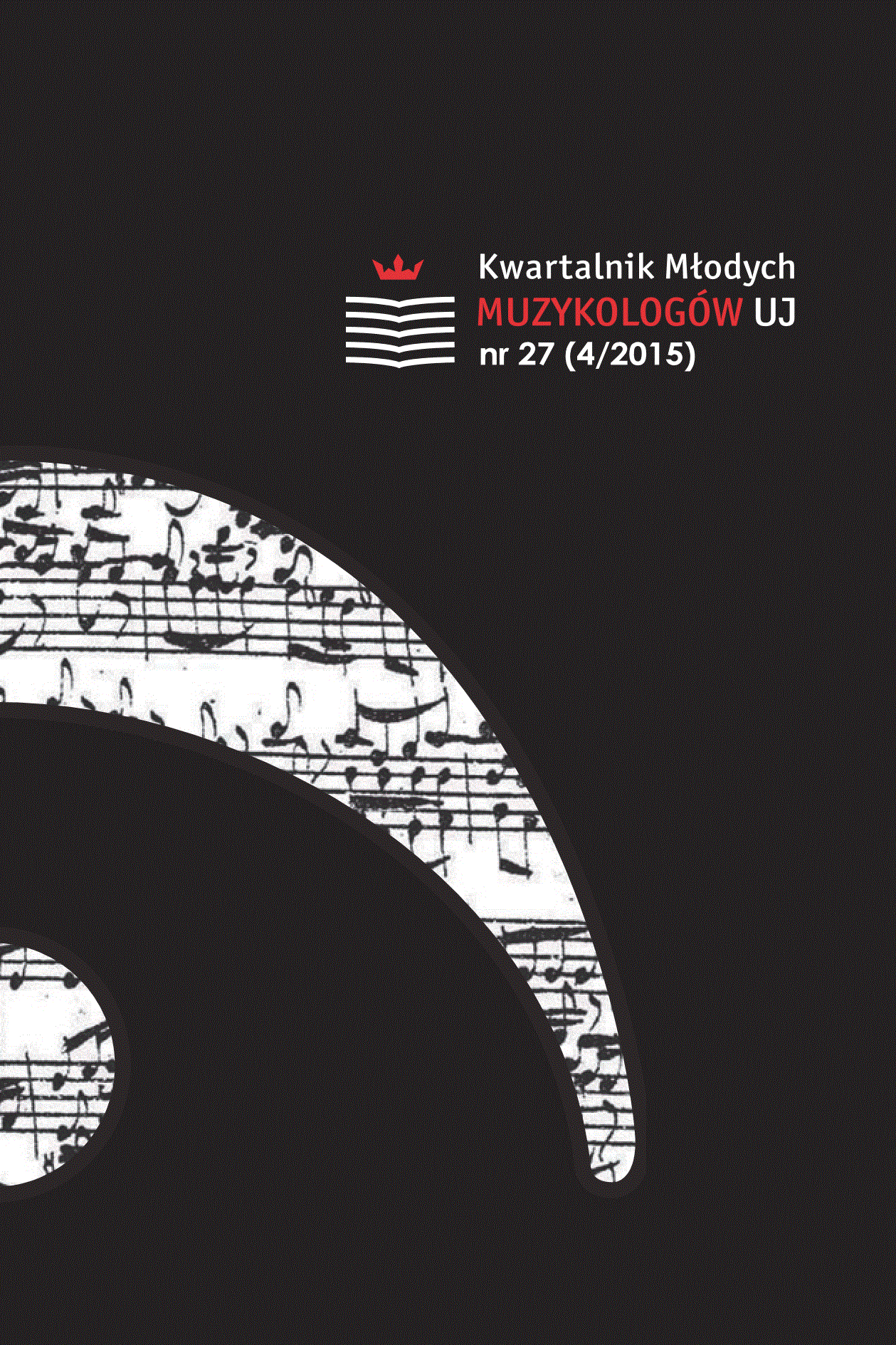
Instrumentacja El amor brujo Manuela de Falli
Manuel de Falla was one of the greatest Spanish composers of the first half of the 20th century. He created just a few orchestral works, chamber music and music for the piano and voice and the piano. In his works, impressionistic sensibility is combined with the Iberian spontaneity, which added individual character to his compositions. What certainly deserves special attention is the ballet El amor brujo (The Bewitched Love), whose instrumentation is the subject of this article. Instrumentation in El amor brujo plays a crucial role in shaping of the work. The composer combines classic and modernist elements. First of all, the limited number of musicians in the orchestra - a single cast brass and string quintet reminiscent of early classical orchestra. However, the assignment of subjects mainly to wind instruments refers to the Romanticism. At the same time however, de Falla assimilates achievements of orchestral impressionism, such as the use of the piano and a wide range of strings articulations. In addition, we note de Falla's penchant for exploiting small-ensemble as opposed to neoromantic tendency to use great orchestral compositions, therefore, the full cast works, together with bells, which is heard only through three-bar Final. The treatment of the orchestra on the principle of gradation of sounds and numerous references to the guitar texture in strings and piano parts are essential features of Spanish folk music, and are present in all the works of Manuel de Falla.
More...
